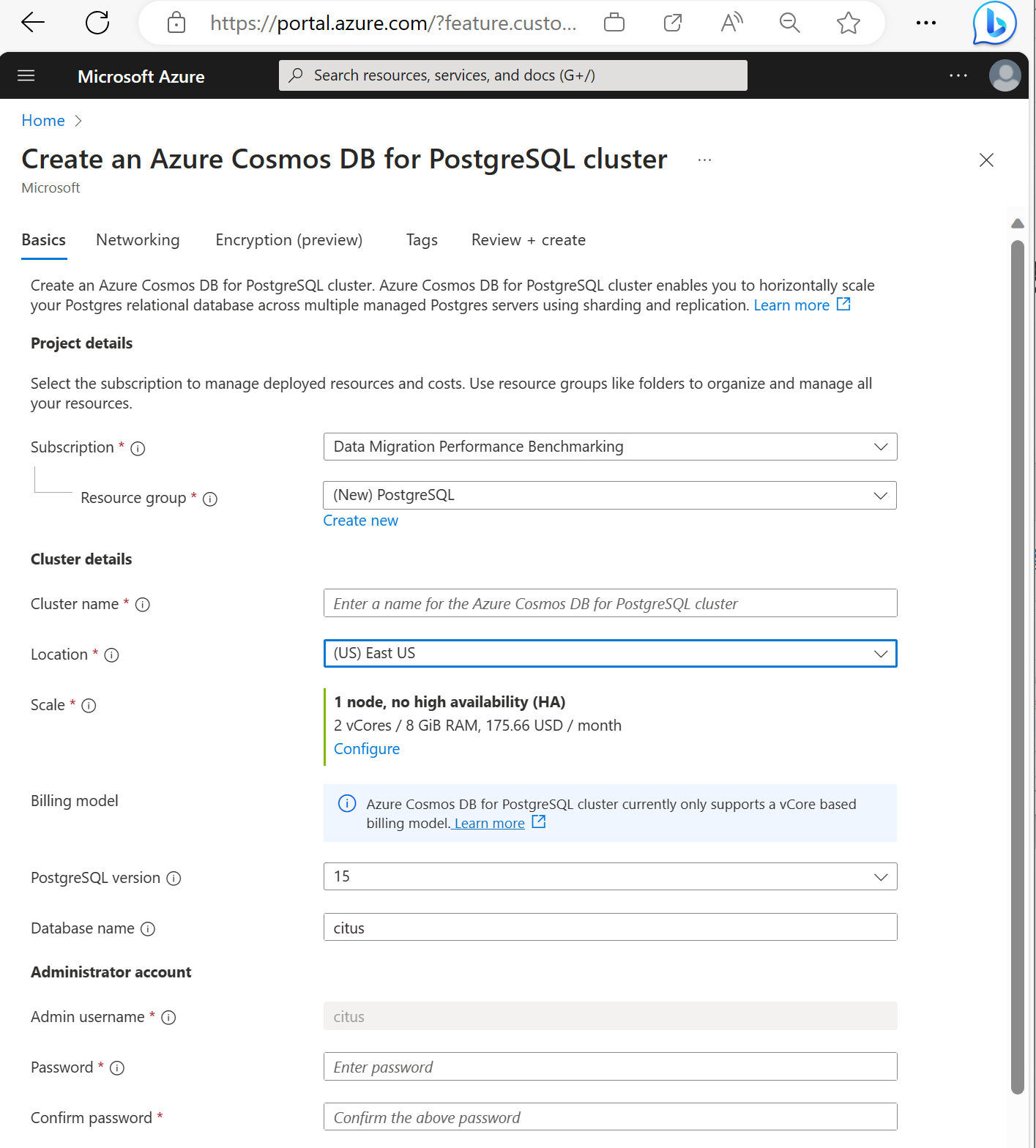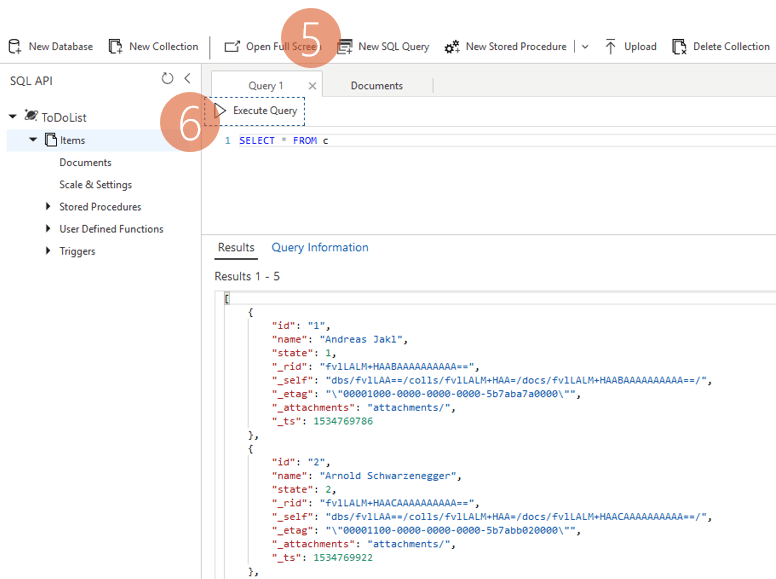
Your workload is comprised of joins and aggregations Relationships and aggregations can be de-normalized and materialized within the data model

Your workload volume generally fits within thousands of transactions per second Your workload volume is dynamic or unpredictable and can go from small to extremely large Your data is structured, and operations require transactional consistency and enforced referential integrity Your data is semi-structured or unstructured, and workloads require predictable latency at a large scale When to use which database system often depends on the use case and on a variety of considerations such as database structure, concurrency, queries, scalability, and migration. While NoSQL databases generally don’t support ACID transactions, at least to the same degree as relational databases, if you’re seeking to avoid up-front schema maintenance, have high volume services that require no downtime and have large data stores that are predicted to grow, NoSQL databases are often a good fit. Rather than using table joins, NoSQL systems store unstructured or semi-structured data often in key-value pairs, JSON documents, key-value pairs in wide-column stores, graph structures and others. These types of databases are best for schema that needs to be flexible or may change in the future, and for cases when you need to scale horizontally. NoSQL databases store data non-relationally, or without the tables, rows, and columns approach of relational databases.

This often brings PostgreSQL on par with NoSQL systems when it comes to performance and the feature set of SQL storage. It has a native JSONB data type and the ability to query JSON documents and even build indexes against their complex structure. It’s worth mentioning that PostgreSQL, a relational database, behaves a bit differently. Relational databases support Atomicity, Consistency, Isolation, and Durability (ACID) guarantees, which ensure the reliability of database transactions. As this language has been around for decades, the knowledge and tooling available for it is vast making it easier to obtain help and leverage existing integrations with specialized reporting and business software.

The most common way to query the data is through SQL (Structured Query Language). This makes the data highly organized and structured with a fixed schema. Relational databases, or relational database management systems (RDBMS), store information in tables with rows and columns, with the tables having shared data attributes. There have been two types of database systems commonly used in cloud-native app development: relational and NoSQL. Developer table stakes: Factors to consider when determining which database to use This blog post will dig into the answer by exploring some of the main factors developers should consider when building their apps. Yet the question remains: when should you use which database system? This is a question we hear a lot from our readers. With the introduction of distributed relational databases like Azure Cosmos DB for PostgreSQL, developers now have the best of both worlds: the scale-out abilities, flexibility, and performance of NoSQL databases, and the ACID compliance and rich SQL querying of relational databases. On the flip side, developers would choose relational databases over NoSQL systems if they needed ACID compliance and data accuracy for their applications.

So, developers have generally sought NoSQL databases for horizontal scaling. Since relational databases have traditionally only scaled up, not out, they reach a limit beyond which they can’t handle anymore requests or data. Traditionally, the answer has been simple: developers would choose NoSQL databases if they needed massive scale for high throughput or very large database sizes (or both). This means Azure Cosmos DB developers now have ultimate flexibility when building cloud-native apps: with using Azure Cosmos DB’s own NoSQL database as well as others like MongoDB and Apache Cassandra, or with relational data using increasingly popular PostgreSQL tools and extensions. Microsoft recently announced the introduction of Azure Cosmos DB for PostgreSQL, a distributed relational database, making Azure the first cloud platform to offer support for both relational and NoSQL (non-relational) data in a single database service.


 0 kommentar(er)
0 kommentar(er)
